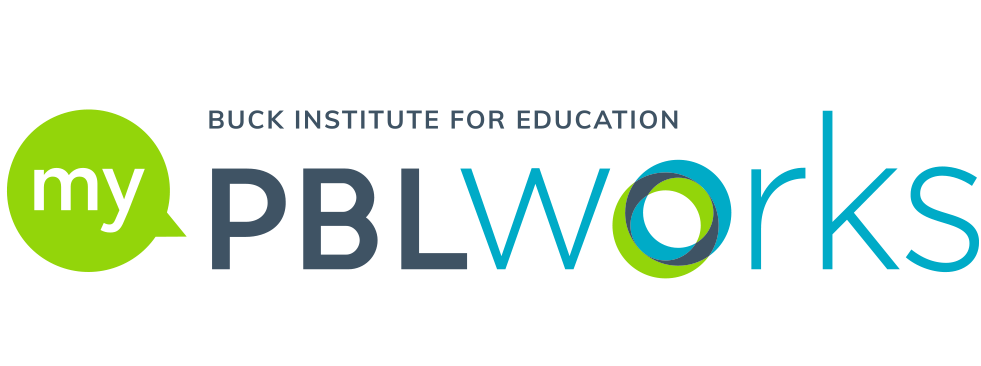Meet BIE National Faculty: Jim Bentley
Since 2001, I've taught in the Elk Grove Unified School District, near Sacramento, CA, where for the past few years I've looped with students from the 5th to the 6th grade. I'm interested in exploring the nexus of literacy, civic engagement, environmental education, and filmmaking. Recently I've gone 1:1 with Chromebooks and am constantly evolving my technology integration skills to support Project Based Learning. I enjoy developing partnerships with people and groups outside my classroom to create authentic learning opportunities for my students.
My introduction to Project Based Learning began after attending a training on Project Citizen offered by the Center for Civic Education. Our first project resulted in students lobbying our school district to redirect nearly $2 million to build 17 all-weather running tracks at an equal number of aging elementary schools in our district. Students met with lobbyists, spoke with lawmakers, and ultimately persuaded our district superintendent and budget director to amend the district’s master plan to address the matter.
Since that first project my students have opted to study landscape blight, light pollution, improper battery disposal, librarian layoffs, how to properly dispose of household hazardous waste, literacy, junk mail. I support authentic PBL because it promotes relevance and student agency and incorporates deep learning that takes place outside of adopted textbook and worksheets.
A Favorite Project
One of my favorite 6th grade projects was “Library Technicians: Keep or Delete?” Students studied the process our school district used to lay off librarians during budget cuts that took place in the 2010-2011 school year. They created a presentation to share with our teacher’s association representing librarians, and our district’s human resources director. Students proposed a solution that would have saved jobs and prevented dozens of school libraries from being shuttered by redirecting the savings of 1 day of furlough time (out of 5 days total) to fund library technicians.
Throughout the project, students developed their skills at researching and reading a variety of types of complex text as well as interviewing adults related to the project and writing proposals persuading our district and teacher’s union to compromise on stop gap measures. Ultimately we failed in our attempts and were even criticized by a school board member for “meddling in affairs that were personnel matters.” But we wore that informal censure as a badge of honor. We had uncovered some unpleasant truths about how budgets are cut and how transparency – or the lack thereof – can result in policy decisions that don’t always promote the common good.
A Lesson Learned About Forming Teams
My first PBL unit nearly failed to launch due to the way in which I created teams. I thought I should place students in groups based solely on ability. And I learned something quite profound: a large team comprised of all gifted learners with strong leadership skills works no better than a team of struggling learners who are prone to task avoidance. Heterogenous groups of no more than four students has become the optimal group configuration since that time.
My Work with BIE
A PBL 101 training is an intense, three day experience, yet there’s something that sets it apart from any other training I’ve ever attended or facilitated: it’s about learning by doing. Sure, I as a facilitator get to share information on behalf of BIE, and I get to add some of my personal expertise, but it’s largely a collective effort on the part of 35 people to work through a project and engage with the ideas and protocols we want to see take root back in the classroom with students. The other thing I always share with participants is that the easiest part of a PBL unit to cut is the reflection piece, because there’s always something else we need to get to. And then I share that if there’s anything that absolutely must be safeguarded it’s the opportunity to reflect on learning.
I shifted to Project Based Learning in 2006, and I’m constantly refining and aligning my practices, yet a decade later I still feel like there are elements of it I haven’t quite mastered yet. How to balance adherence to a pacing calendar with the need to adjust timetables mid unit? Or how to scale back my grand ideas to design units that are manageable in size? I’d encourage you to start your journey with both eyes open and celebrate both the success and the failures along the way. The successes will give you a reason to smile, and the failures will give you a reason to grow.
Keep the conversation going by reaching out to me on Twitter to share observations or ask questions @Curiosity_Films.
For more information about BIE’s services, click here.
Do you have questions or comments? Please enter them below.
To view or download this resource, log in here.
Login